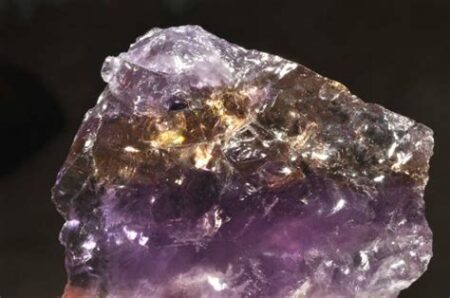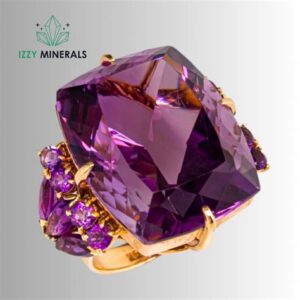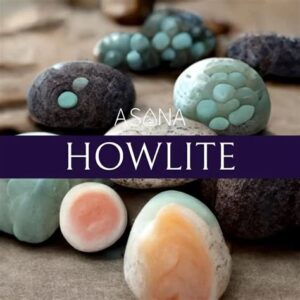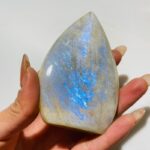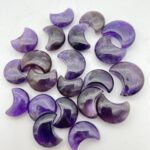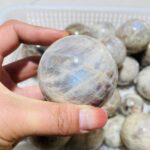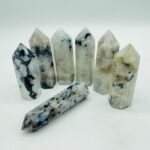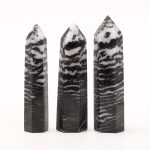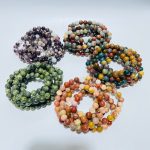Amethyst, a captivating purple variety of quartz, has long been prized for its beauty and metaphysical properties. Its value, like that of any gemstone, is influenced by various factors, including quality, size, color, clarity, and cut. Understanding these factors helps determine the worth of your amethyst, making informed decisions when buying or selling it.
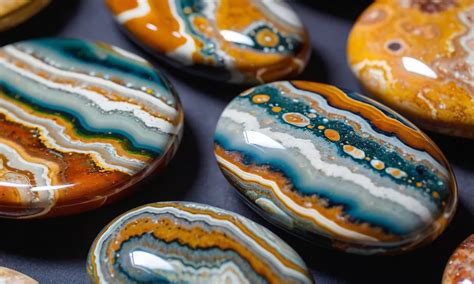
Factors Influencing Amethyst Value
Quality and Clarity
Amethyst’s quality refers to its transparency and the presence of inclusions (imperfections). The more transparent and fewer inclusions, the higher the quality and value.
Color
The intensity and saturation of the purple hue is a primary determinant of amethyst’s worth. Deep, vibrant colors are more valuable than pale or washed-out shades.
Size
Larger amethysts are typically more valuable than smaller ones, assuming other factors remain constant.
Cut
The cut enhances the stone’s brilliance and overall beauty. Traditional cuts like round and oval retain more of the crystal’s natural weight, increasing its value.
Value Range
The value of amethyst varies greatly depending on its characteristics. Fine-quality amethysts can command prices upwards of $200 per carat, while commercial-grade stones range from $10 to $50 per carat.
| Quality | Carat Price |
|---|---|
| Fine | $200+ |
| Commercial | $10-$50 |
| Gemmy | $50-$100 |
| Good | $20-$50 |
Market Trends
The amethyst market has fluctuated over the years, influenced by factors such as global economic conditions and jewelry trends. In recent years, the demand for amethyst has remained stable, with prices showing a gradual upward trend.
Other Factors to Consider
Treatment
Some amethysts undergo treatments to enhance their appearance, such as heating to deepen the color or irradiation to remove impurities. Treated stones are generally less valuable than untreated ones.
Origin
Amethysts are found worldwide, but certain origins, like Brazil and Uruguay, are known for producing exceptional quality stones.
Jewelry Setting
The setting of an amethyst can affect its perceived value. Intricate or elaborate settings enhance the stone’s beauty but also increase its cost.
Evaluating Your Amethyst
Determining the value of an amethyst requires careful examination and consideration of the factors discussed above. Seek a qualified gemologist or jewelry appraiser to provide an accurate assessment of your stone.
Common Mistakes to Avoid
- Overestimating the value: Sentimental or subjective reasons may lead to overestimating the worth of an amethyst. Obtain an objective assessment to determine its actual value.
- Assuming all amethysts are created equal: The value can vary significantly based on the stone’s characteristics. Do not make assumptions without examining the stone’s quality.
- Relying on online estimates: Online value calculators may not provide accurate results. Seek professional appraisal for reliable valuation.
- Disregarding treatment: Knowing whether an amethyst has undergone treatment is essential for determining its worth. Disclose any treatments to ensure transparency and avoid potential devaluation.
New Applications and Innovations
Amethyst’s versatility extends beyond traditional jewelry applications. Its unique properties inspire new and innovative uses, such as:
- Energy healing: Alternative therapies utilize amethyst’s metaphysical properties for stress relief and energy balancing.
- Amethyst water: Soaking amethyst crystals in water is said to energize and purify it, creating a revitalizing elixir.
- Orgone devices: Amethyst is incorporated into orgone devices, believed to absorb negative energy and promote well-being.
Frequently Asked Questions
- What is the most expensive amethyst? The most valuable amethysts are large, deep-colored, and have minimal inclusions.
- How can I tell if my amethyst is real? Real amethyst has a Mohs hardness of 7 and will scratch glass.
- How do I care for my amethyst? Avoid exposing amethyst to heat, chemicals, and ultrasonic cleaners. Store it in a soft cloth or jewelry box.
Conclusion
Understanding the factors that influence amethyst’s value is crucial for informed decision-making. By considering quality, color, size, and other characteristics, you can determine the worth of your amethyst and appreciate its beauty and versatility. Remember to seek professional appraisal for accurate valuation and avoid common mistakes to ensure a fair assessment of your gemstone.





